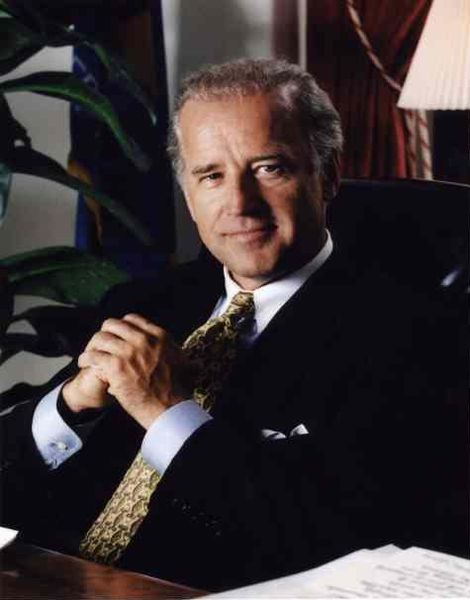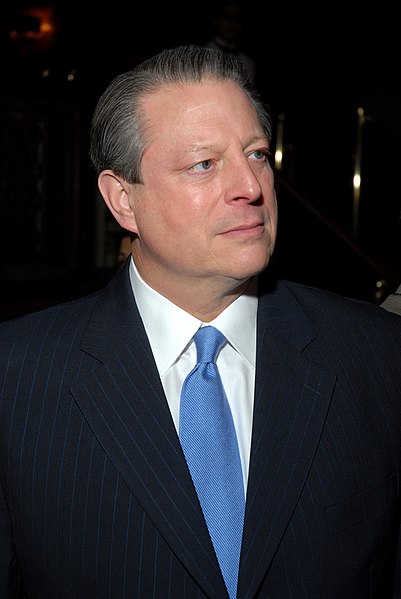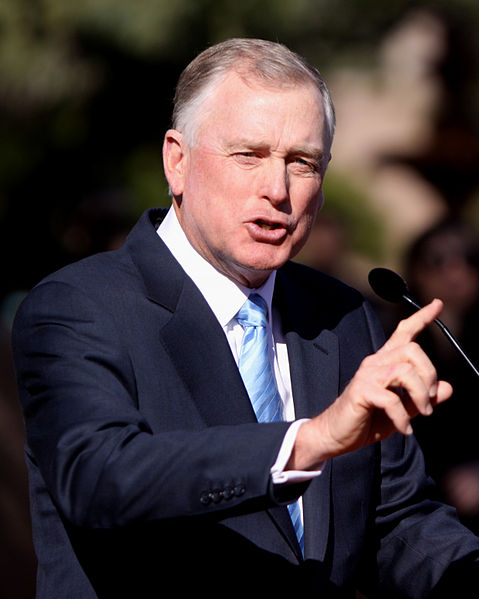Al Gore
Democratic
2009-2013
Al Gore was an experienced senator from Tennessee, and easily won the Democratic nomination in 2008. Gore won a close election with a majority in the electoral vote, but losing the popular vote to George Bush, Jr. by a narrow margin. Gore pledged to show the American people that he was worthy of their support after all, even if a majority of them had voted against him. He had campaigned as a centrist Southern Democrat, and planned to stick to his promise.
At first, Gore's term appeared to be uneventful. The economy continued to be in a slump, but there were no wars going on. The post-Cold War world that Gore had inherited seemed to be "the end of history", as one political analyst famously declared. It appeared as though Gore's tenure would be a boring one dominated by repairing the economy.
However, in late 2009, a series of bombings throughout the country, mostly at major financial institutes such as the New York World Trade Center [1], left over one hundred people dead. This was followed by radical Communists taking over the American embassies in the unstable nations of Kashmir, Azerbaijan, North Korea, and Iraq, with failed attempts in Egypt, Syria, Ukraine, and Vietnam.
Faced with a new challenge and an enemy that could not be defeated using conventional methods, President Gore declared a "Global War on Terror". In his famous "We Shall Not Fear" speech, Gore stated that "We will not be intimidated by these cowards that resort to terrorism and spreading fear. The enemies of liberty are strong, and they are well hidden, but we shall not give in. The American people shall not fear." Though Gore was seen by some as stiff and uncharismatic, with many unflattering comparisons to President Walter Mondale, his speech was well received by most people, and his approval ratings skyrocketed.
Gore worked with NATO and APCO to form an anti-terrorism "Coalition of Justice" to weed out global terrorism, and even worked with the formerly communist Eurasian Federation [2] and People's Republic of China [3] to stop terrorist cells throughout the world.
However, while President Gore was focused on foreign policy, the economy continued to get worse. Unemployment reached 8% by 2010, and peaked at 10% in 2012. President Gore attempted to use Keynesian policies to stabilize the economy by increasing spending to create jobs, but that only increased the deficit, forcing President Gore to raise taxes. By 2012, the economy was slowly improving, but this was not enough to overcome Gore's unpopularity. He was defeated by his Republican challenger...
[1] The WTC was still built, but only has one major tower as opposed to OTL's former Twin Towers
[2] Contains Russia, Belarus, and the Central Asian states
[3] Also known as North China. No longer officially communist, but kept the name. Also never reunified with the South


